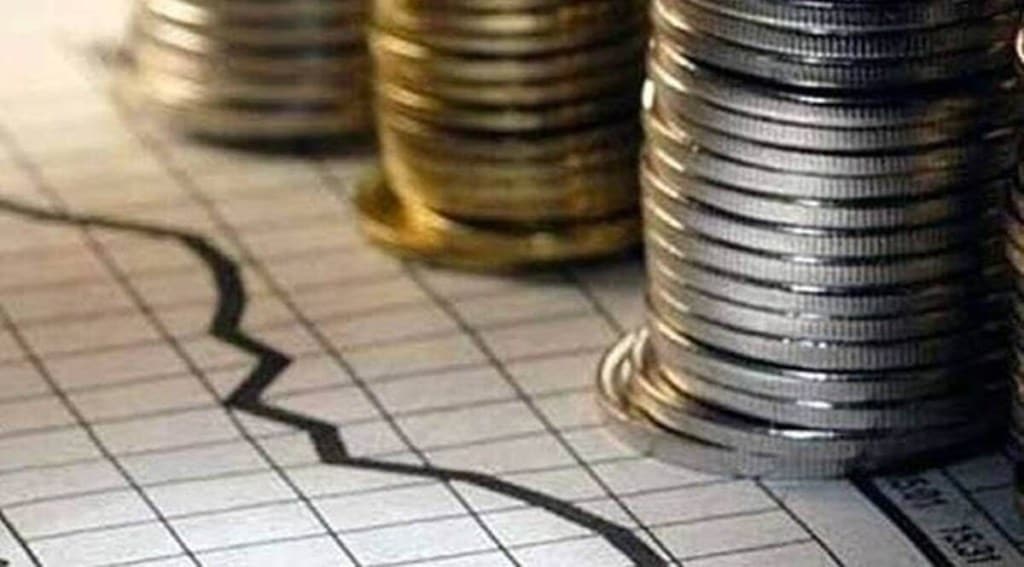The Centre is committed to meeting the 6.4% fiscal government deficit target for FY23 and intends to stick to the consolidation path, despite risks to Budget calculations from the elevated oil prices and additional spending commitments, a senior official said on Monday, as he sought to assuage fears in the bond market over a substantial jump in official market borrowing from the Budgeted level.
In FY22, the Centre reined in the fiscal deficit at 6.7% of GDP. It’s planning to reduce the deficit steadily and restrict it to 4.5% of GDP by FY26. The 10-year G-sec yield eased by 6 basis points on Monday to close at 7.36%. Still, it has risen substantially from 6.81% at the end of March on heightened risks to the economy from rising oil prices and tightening interest rate scenarios globally. Analysts expect higher-than-budgeted tax collection to substantially make up for any shortfall caused by extra spending commitments.
The current account deficit (CAD) is going to be high this fiscal, thanks to the elevated commodity prices, but the country has enough foreign exchange reserves to tackle this issue even if the capital account remains under pressure, the official indicated. Some analysts have forecast the CAD to breach the crucial 3%-mark in FY23, against just 1.2% a year earlier.
The government has been taking steps periodically to deal with high global crude oil prices in the wake of the Ukraine conflict that has added to inflationary pressure across the globe, the official said. The country meets about 85% of its oil demand through imports.
The official suggested that the government is not aiming at restricting the rupee at a certain level but the monetary authority has been intervening in the market to smoothen out volatility. Being a net commodity importer, India is also adversely affected by a weakening rupee. However, he added that the depreciation of the domestic currency against the greenback has been among the lowest in the world.
Conceding the presence of elevated external shocks, the official, however, exuded confidence that, given the country’s macro-economic solid fundamentals, it’s well poised to weather such headwinds.
Commenting on the government’s recent move to impose taxes on fuel, the official said the government is taking a part of the windfall profit from unexpectedly elevated prices. The government last week announced a tax of `23,250 per tonne that is being levied on crude oil produced domestically.


